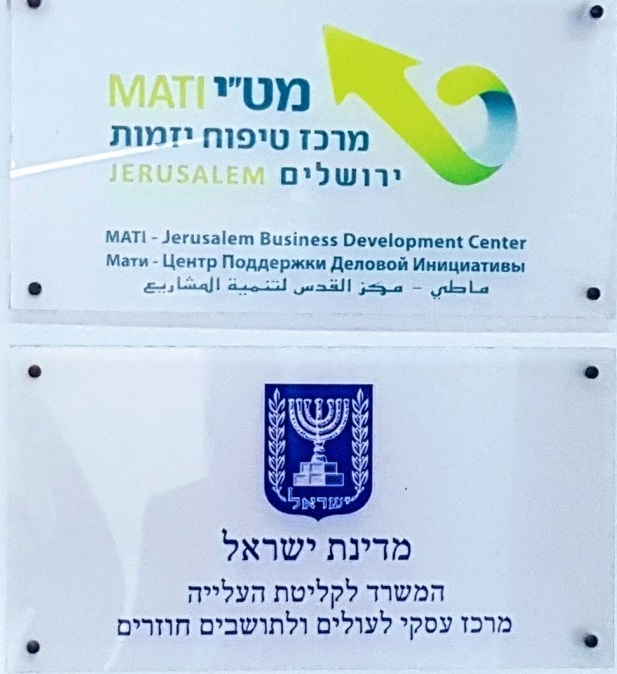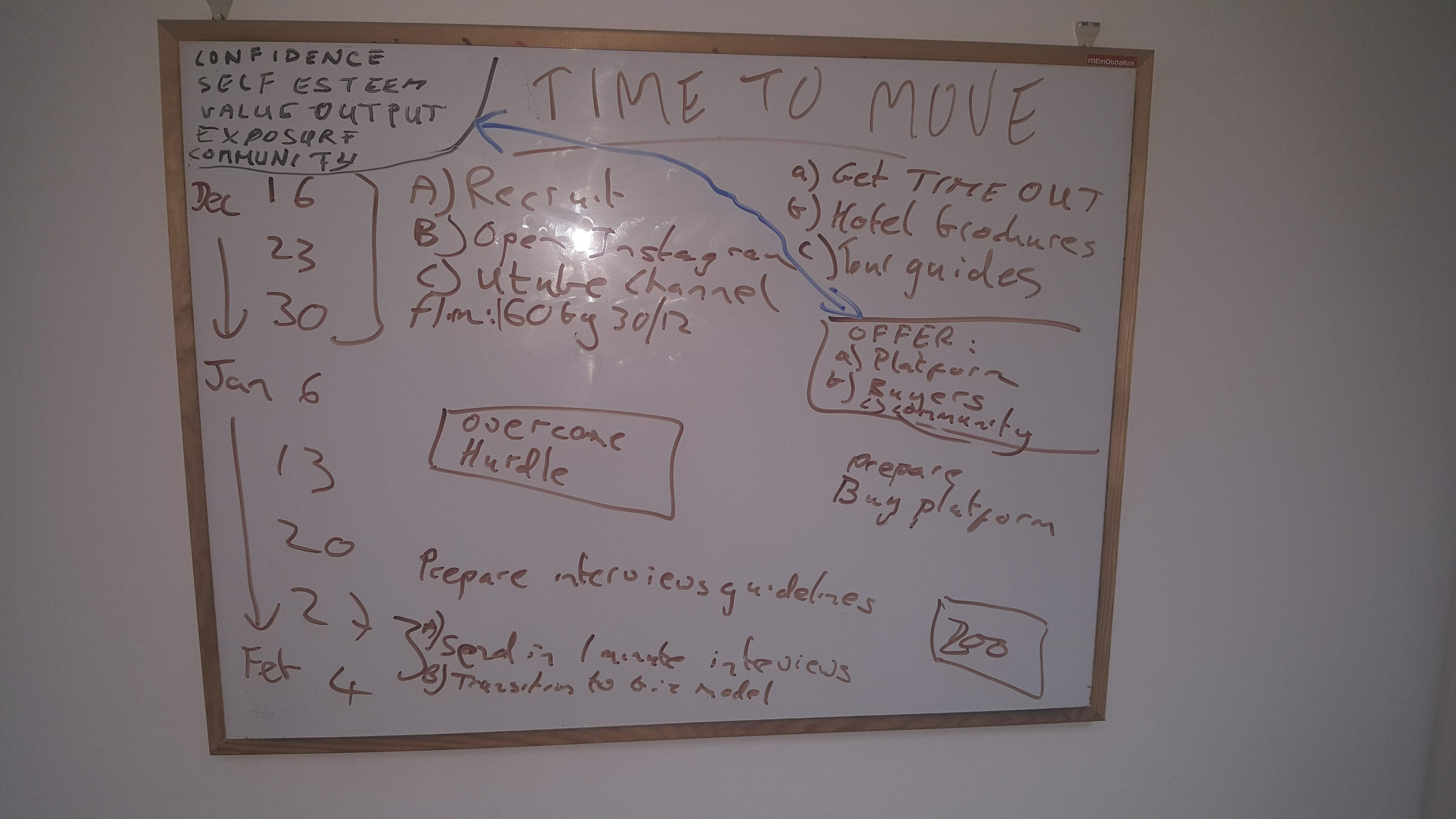Hillel Fuld is one of the world’s top 10 tech bloggers. His latest post answering the question why is Israel still ‘the start up nation to follow’ is highly recommended viewing.
However, when it comes to entrepreneurship, Israel is not just about high-tech. Every Tuesday, you can find me at MATI’s office in southern Jerusalem. I spend up to five hours meeting with innovators. Nothing seemingly obvious links them together – neither age, religion, gender, nor even academic background. They all have a burning desire to…………

And there’s the rub. I get to hear about everything from importing and exporting unique foods to an entertainment park to a medical centre to an innovative form of advertising, There is seemingly no end to the list. And the diary of full for next Tuesday.
MATI has promoted thousands of new businesses over the decades. It also has a special programme, via the Ministry of Absorption, to assist new immigrants. I have been associated with a multitude of projects in Jerusalem – special activities for children, art studios, high-tech, female empowerment, health centre, security services for Africa, etc, etc, etc. Again, I rarely cease to be amazed at the range of creativity.
This Thursday, in my capacity as business coach and mentor, I visited the Israel Center for Entrepreneurship (ICE). Located in the north west of Jerusalem, it is a ‘wework’ type environment for ultraorthodox Jews with high-tech projects. It opened its doors in August 2018 with a capacity of 120 spots. Six months later, the place is almost full.
Benyamin Claymen and Ya’akov Hudson have onboarded a fascinating array of start-ups. For example, I met with three engaged in various aspects of Fintech, each applying themselves to different markets; (USA, Latin America, and the UK). In parallel, I was introduced to associates engaged in social entrepreneurship, using tech to impact on individuals and communities.
What is especially encouraging was to observe the involvement of the Jerusalem Development Authority. Sitting down with their representatives and then enabling them to meet with teams on a one-on-one basis was singularly productive.
Hillel Fuld among others looks for a common theme. Is it that concept of the ‘drive to survive’? I am not sure. Other have pointed to government schemes and army background. The Mediterranean sun? Maybe.
In any event, Jerusalem is a city thriving with innovation and entrepreneurship. It is a thrill and joy to live daily.




